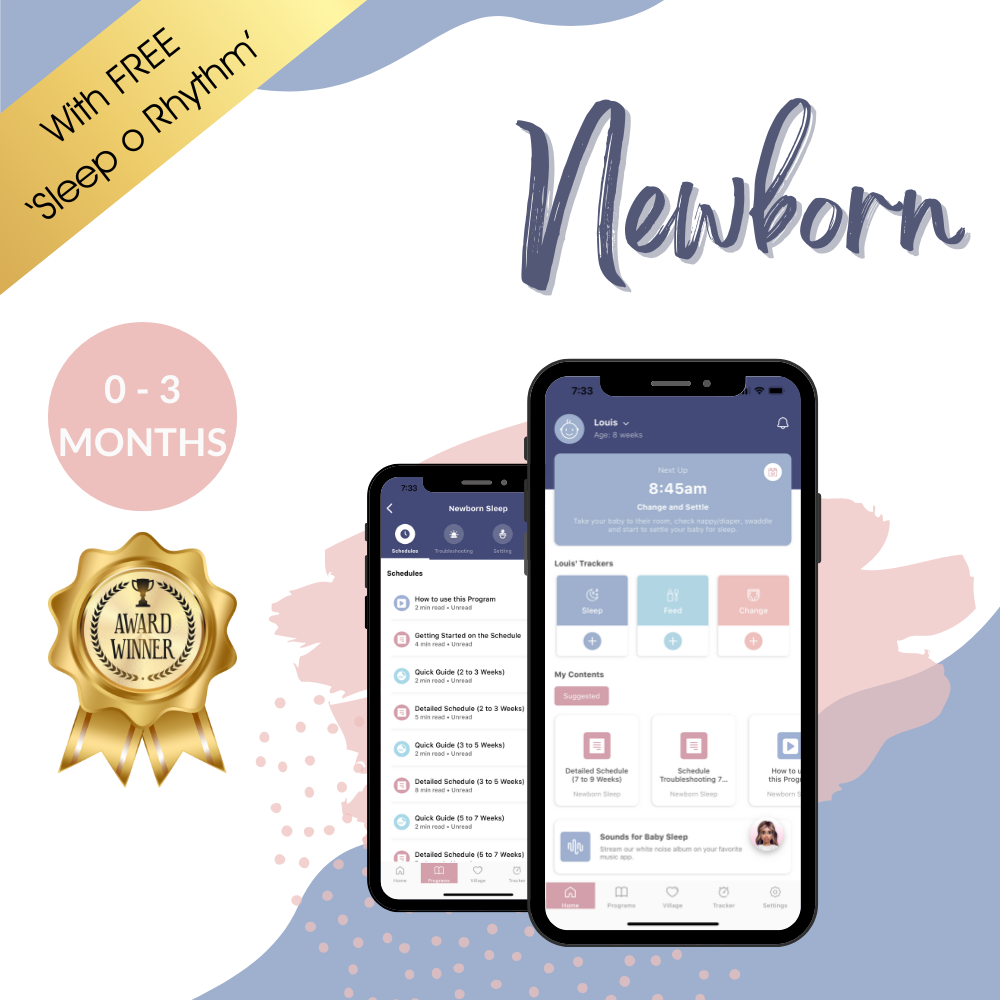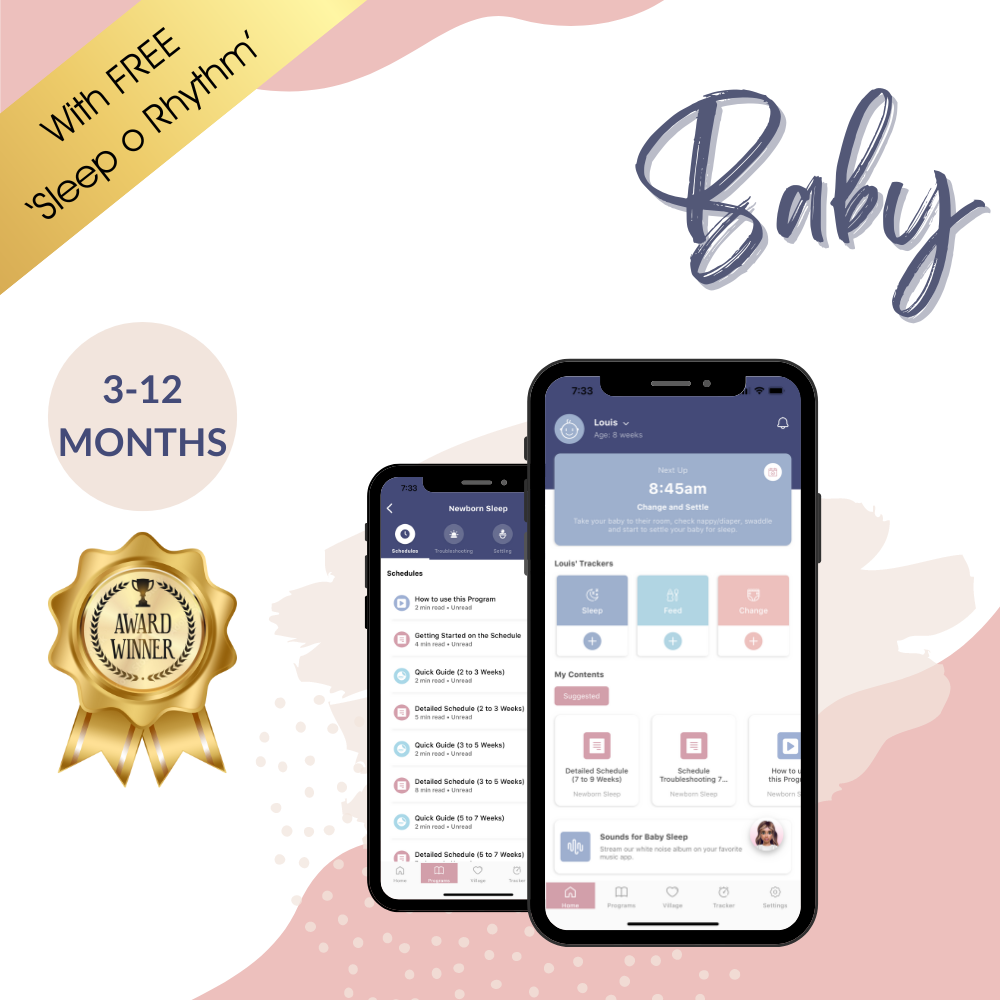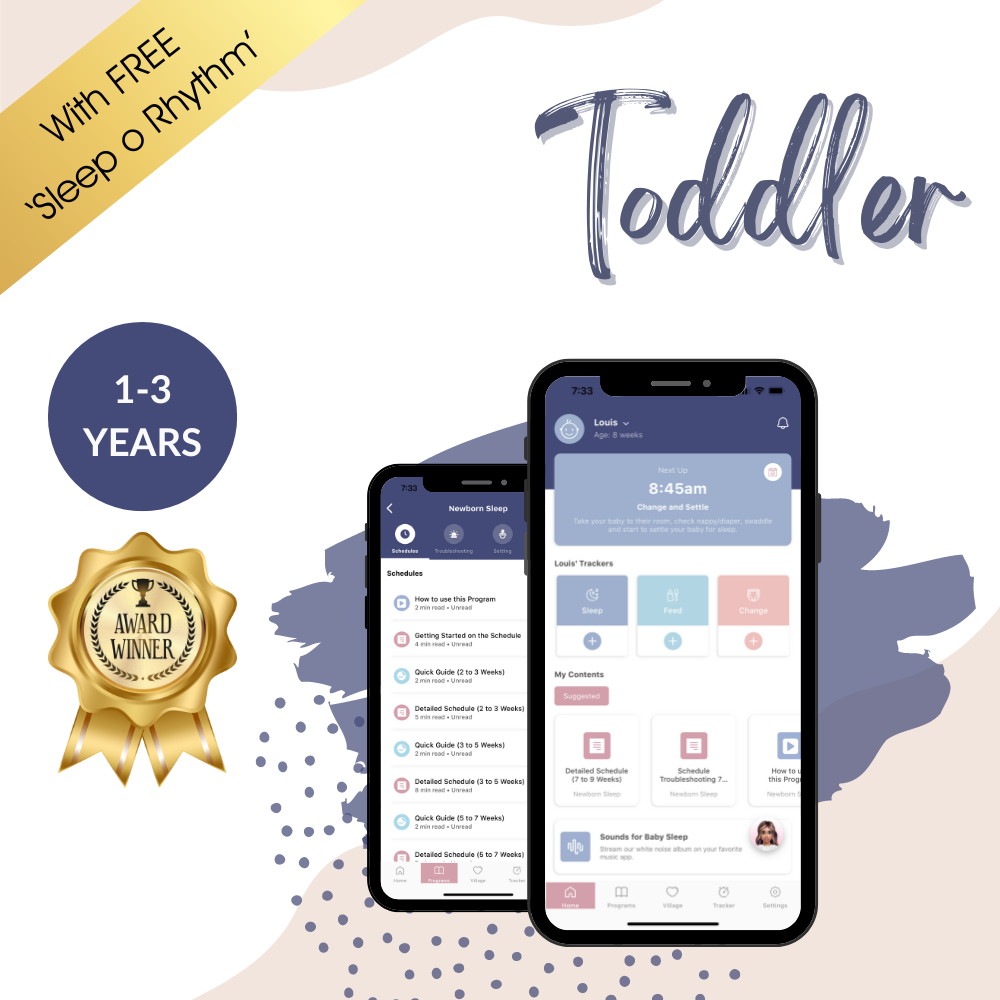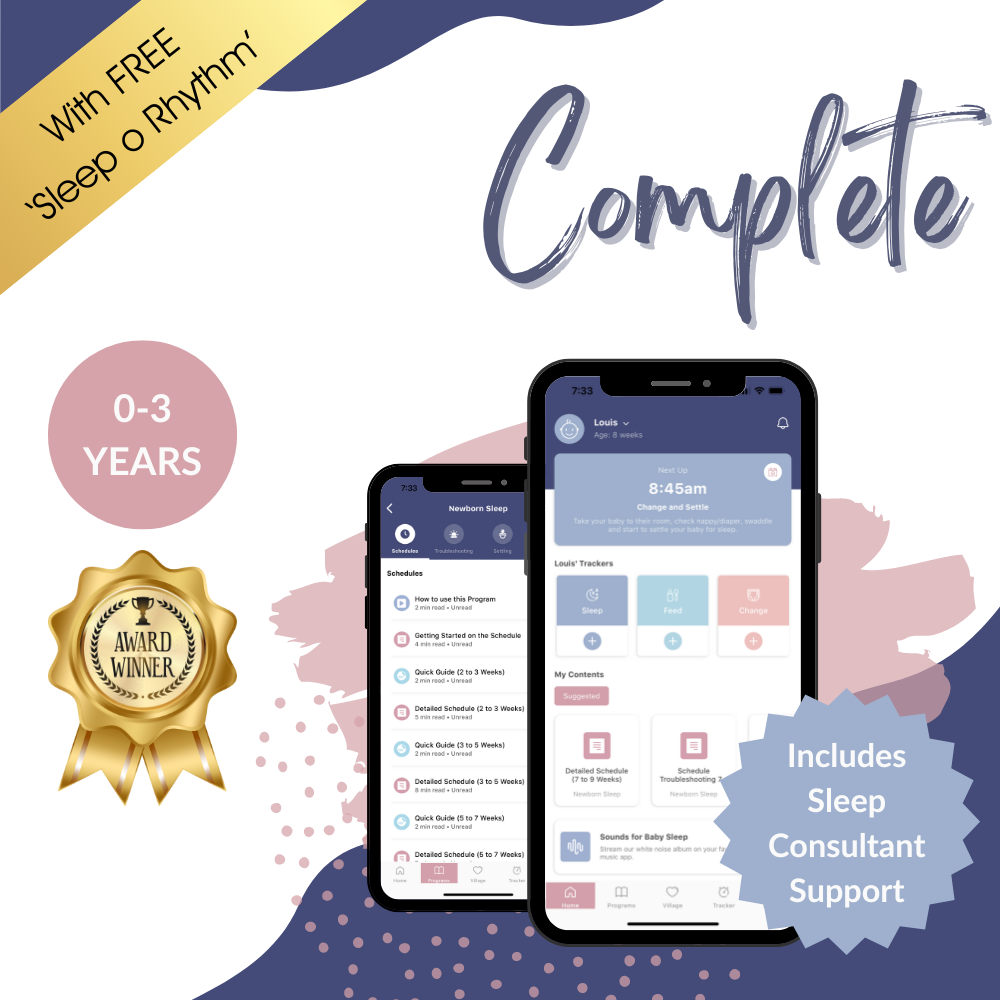
Knowing when to ask for help
For most people, it is easier to give than to receive help. It is a bit like ‘being kind’. It is far easier to be kind to others, and a lot harder to practice self-kindness. As with all aspects of human behaviour, the reasons we may struggle to ask for, and receive, help are many and varied.
For a start, we may not even realise we need help. When we are chronically sleep deprived, overwhelmed, past-the-point-of-exhaustion, “crazy busy”, or when life is chaotic – we stop being able to see ‘the wood for the trees’.
When we are literally just getting through each day, just barely managing to keep our head afloat, or are knee-deep in nappies, we often do not have the mental space or capacity to stop and consider that we desperately need help.
So I encourage you to pause for a moment and consider these questions…
Is life feeling incredibly tough for you right now?
Do most days feel like a battle or struggle?
Do you feel burnt-out and exhausted?
Are you feeling really teary, or overly emotional?
If the answer is “yes” to any of these questions, first of all, know that you are not alone. And second, it might be that you need some help at the moment.
Yes, I want more sleep!
If you need a helping hand with tackling your baby’s sleep, then check out our Pediatrician-recommended Sleep Programs.
Get our Sleep Programs
Parental expectations are also a key factor in whether or not we ask for help. In our modern-day society there is an inherent expectation that we should do it all. And, not only that, we should do it all – perfectly.
Social media is a driving force for this. When we scroll through our feeds, we are met with parents that seem to be thriving. They’re managing a successful career and absolutely “crushing it” at the parenting gig.
What we often do not see in these images are (a) the tough parts and (b) probably the countless people that they have helping them in the background! So, when we are fed these images every day, it further reinforces to us that we too should be doing it all, and all without help.
In addition to this, if we have come from working full-time and being successful in our paid employment, we may think that this should translate to parenting as well and we should be able to manage just as well, if not better. If we have been self-reliant in our life endeavours and within the workforce, we may believe that we should also be self-reliant when it comes to child rearing.
When we set ourselves up with these unrealistic expectations, we can start to believe that asking for help is almost admitting to “failing” as a parent – or that there is something wrong with us if we cannot “do it all”.
If you are someone who falls into this category, I encourage you to drop the social comparisons. Comparing yourself to someone else very rarely encourages you to feel good or encourages you to ‘do better’. It just makes you feel worse, and in this case, prevents you from seeking much-needed support.
If you have been independent in your life endeavours so far – that’s great! But parenting is a completely different gig, so it doesn’t make sense to compare the two. This is a new job, with a new set of challenges – so comparing yourself to the “old you” is not helpful.
Related to expectations is also the ingrained concept of ‘gender roles’ and who should be doing which tasks when it comes to parenting. Although this concept is being challenged in many areas, there is still a strong expectation that the mother should be the one at home doing the child-rearing. And, if she has the luxury of staying at home full-time, where child rearing is her “role”, surely she should be able to manage this on her own?
These expectations are even stronger when the mother is on maternity leave; as parenting is seen as her current “job” (you can check out the job description here). While it is reasonable that a mother would do more of the care-giving if she is home full-time, it is unreasonable to expect her to do 100% of the work or to do it without help.
Would we ever tolerate this in the paid workforce? And, if not, why do we expect it for ‘unpaid’ work? Just because you are the primary caregiver during the day, does not mean you cannot ask for, or receive, help.
Another reason parents may be reluctant to ask for help might be because this requires them to admit that there is a problem. For example, for many mothers who suffer from postnatal depression, it can be such an awful and lonely experience that they try to deny it is happening, or perhaps put on a “brave face” and pretend all is fine. They may feel guilty, ashamed, embarrassed, or worried for feeling the way they do and asking for help means they need to work through, and accept, these tough emotions.
Say goodbye to sleepless nights.
Join over 800,000 families worldwide who are enjoying excellent sleep with our Sleep Programs, created by experts in the field of pediatric sleep.
Get our Sleep Programs
If you are feeling this way, please know that there is no shame in struggling. There is help available and you do not need to go through this alone. You can find more information about postnatal depression and where to seek help in THIS article.
Related to this, some parents may struggle to ask for help because they simply do not know where to start or who to ask. If you are struggling and unsure where to go for help, consider the following: your lead maternity caregiver, your family doctor, a local child nurse, a local community group, a coffee group, online support groups, close friends or family, or a helpline (best to Google ones in your area). There is so much support out there.
If you are struggling with your baby’s sleep, you can get personalised support from certified sleep consultants, day and night, in the Little Ones App. You can also connect with other parents around the world who have been through similar challenges with their little ones. It helps to know that you are not alone and that there is light at the end of the tunnel.
So, I encourage you to stop and consider the answer to this question – what is stopping me from seeking help? And whatever is stopping you, I encourage you to let it go. Help could very easily be the difference between you coping or not, or even how much you enjoy parenthood.
Remember, there is nobody handing out medals at the end if you do it all on your own! You just end up exhausted and burnt out. Help is not failing. You are not a better parent for battling it out on your own. Support is there and it is important that you take it.





